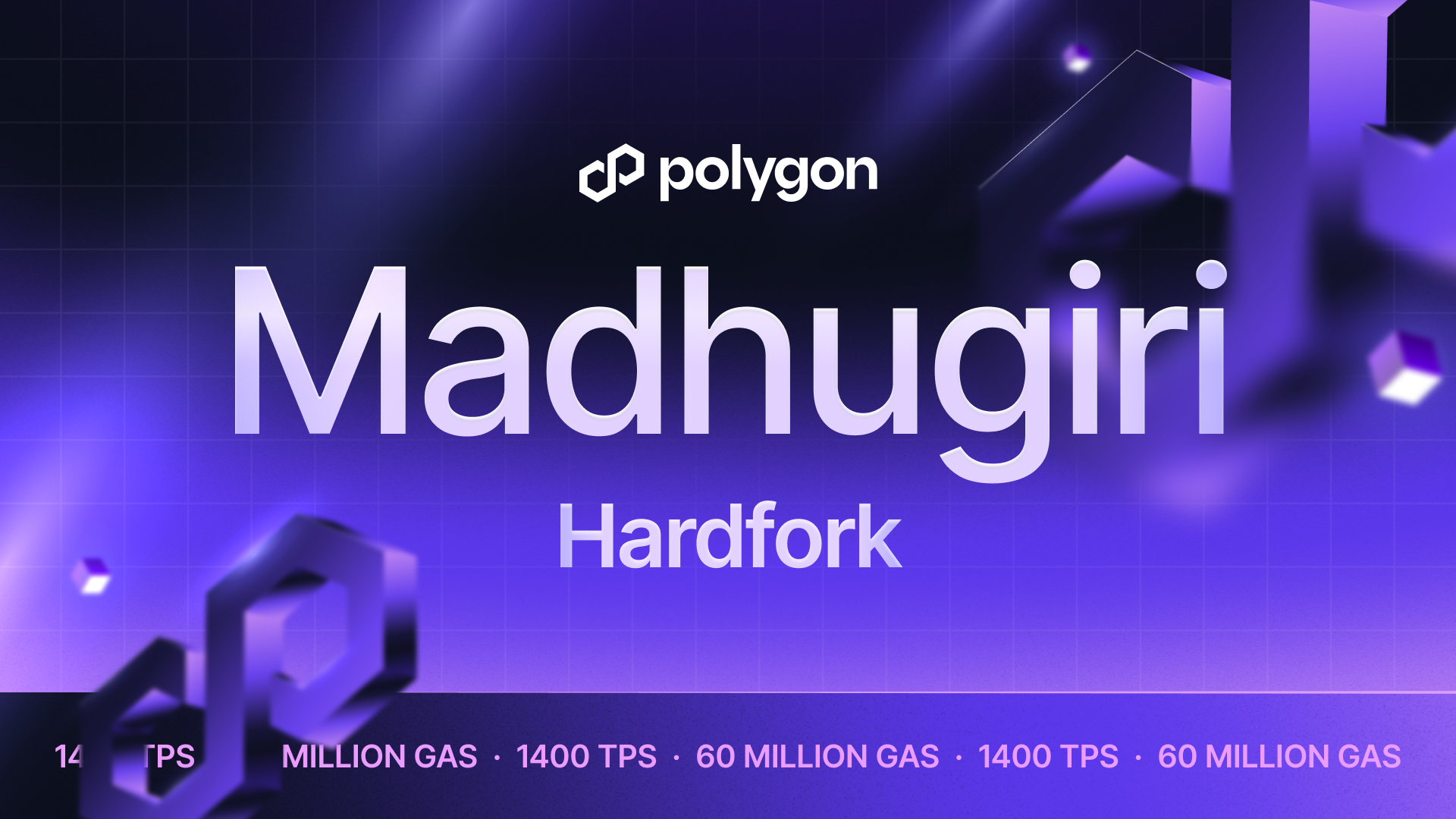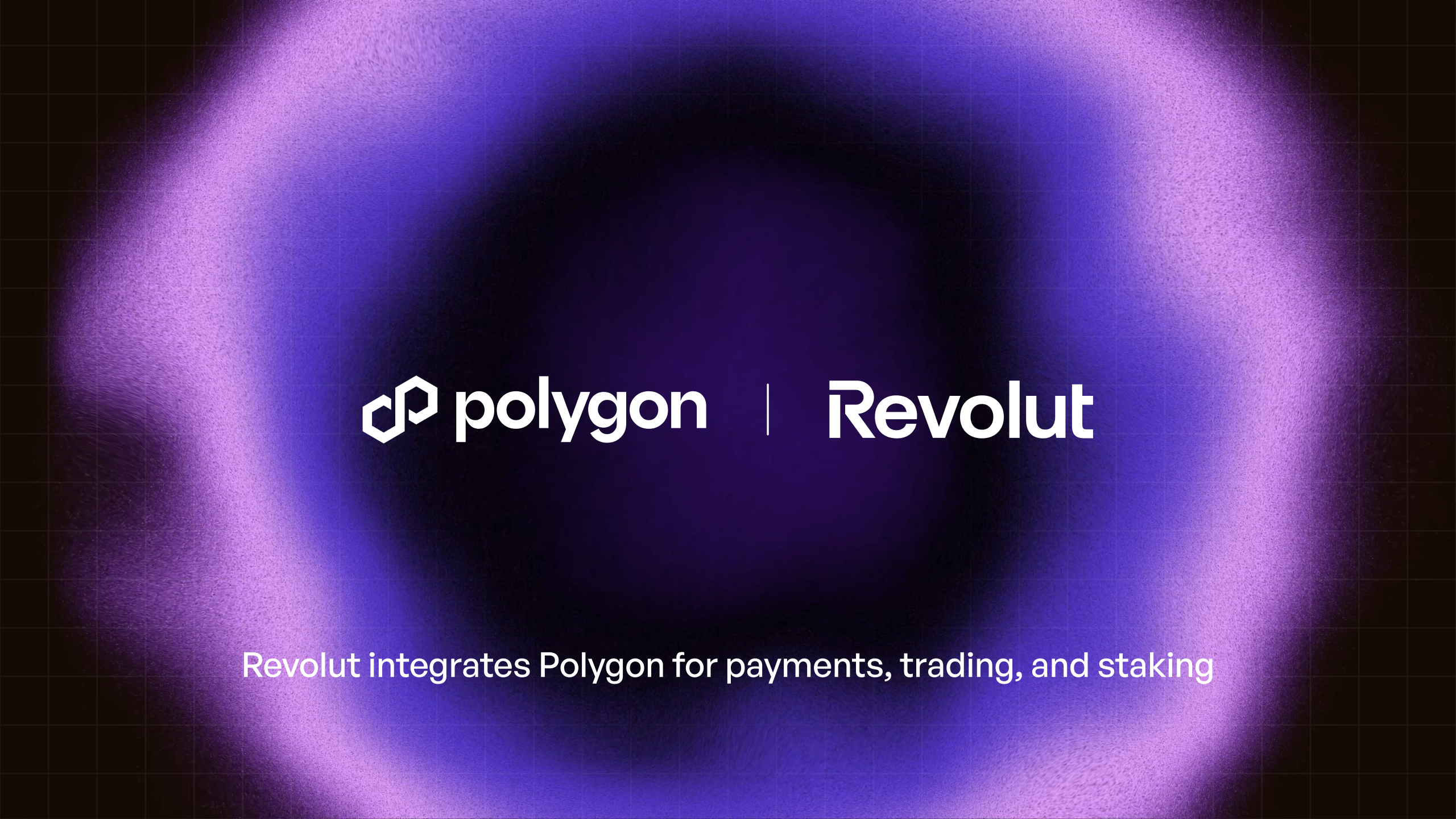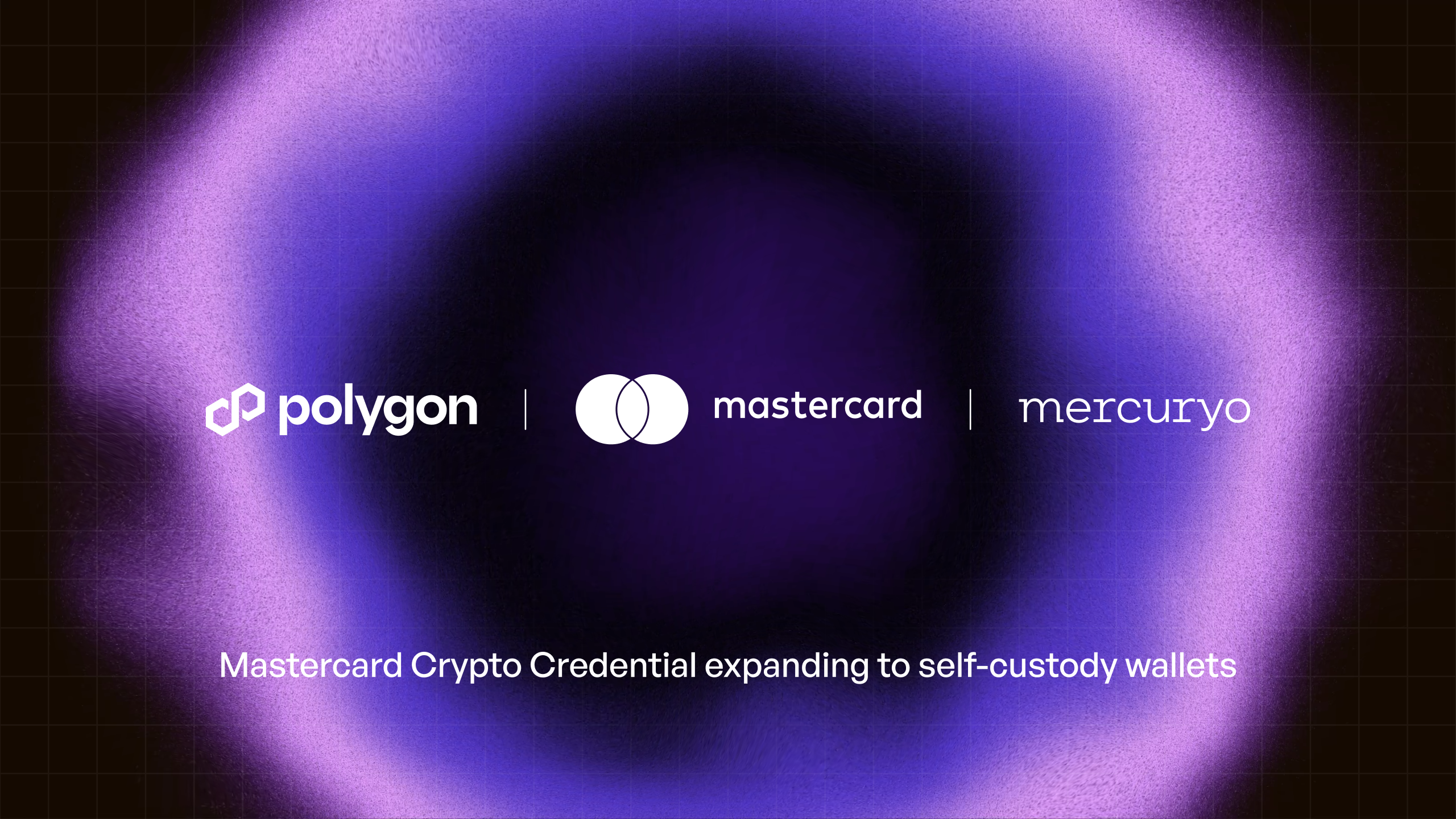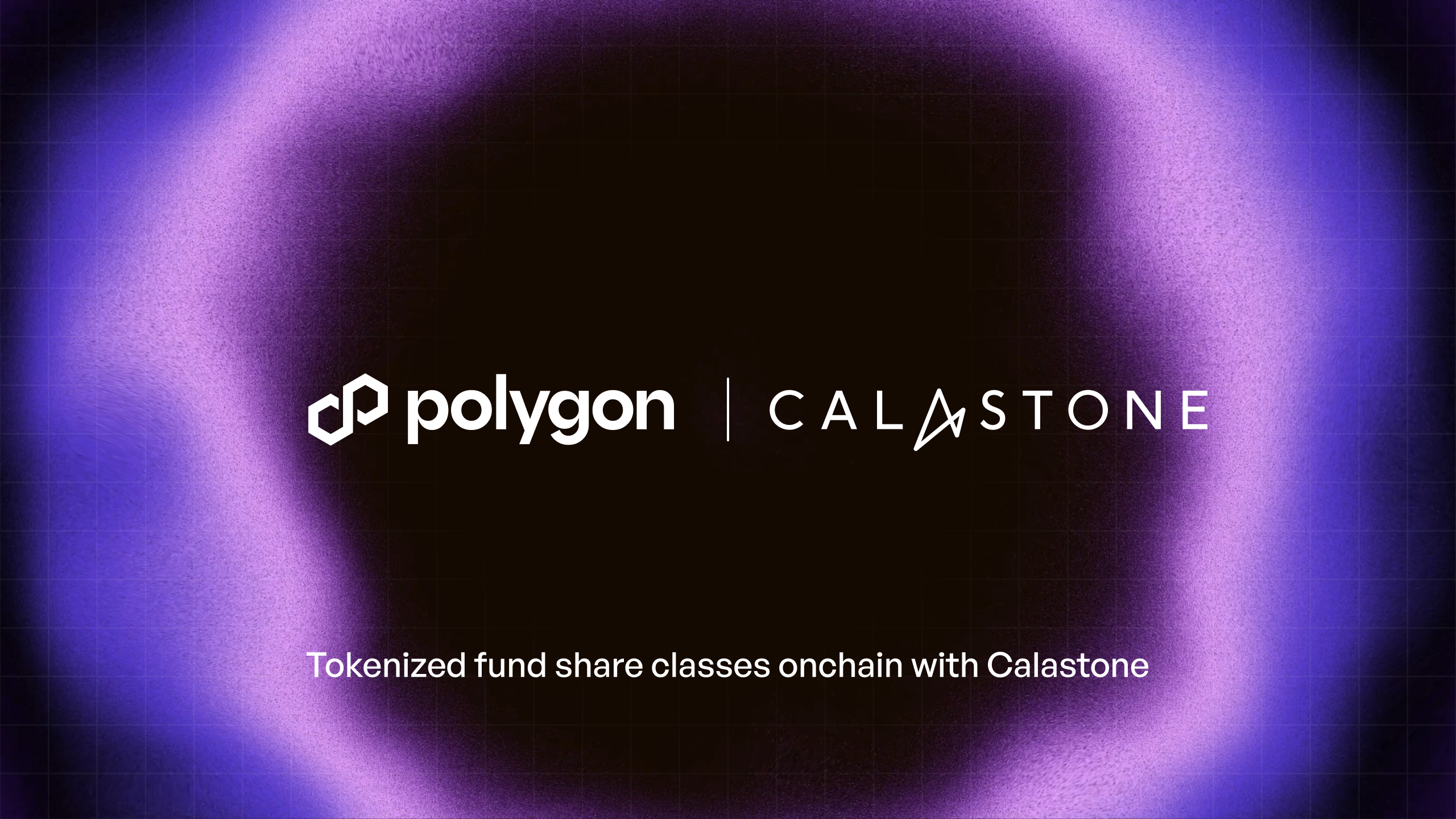Introduction To ReFi: Building A More Sustainable Future With Polygon

The planet faces a number of existential environmental crises, from global warming and mass extinction to the widespread devastation of critical, life-sustaining ecosystems. Attempts at fixing the problems have come from different angles, like social mobilization, economic incentives, and technological solutions.
These approaches in isolation have so far fallen short because we are dealing with what philosopher Timothy Morton calls hyperobjects — “entities of such vast temporal and spatial dimension” that they defy traditional approaches. Morton argues that to even begin to get a grasp on hyperobjects we need new ways of thinking about economics, politics, ethics, and art.
Regenerative finance, or ReFi, promises to approach wicked environmental problems by making negative externalities legible to markets, marrying social objectives with economic incentives through technological fixes – available only using blockchain technology and networks like Polygon.
Watch: [A Case study for a nature-positive economy with Rebalance Earth]
What are some examples of ReFi in action?
- On-chain carbon credits
- Zero-knowledge proofs for energy transactions and privacy
- Tracking ecosystem health and minting ecological credits
- Circular economics, for example, rails for waste reduction.
- Decentralized power infrastructure & incentivized grid flexibility
- Plastic removal from value chains
- Saving the ocean
- Place-based regenerative communities

* Climate Change is an indicator of a much larger problem. It is a symptom of values misaligned with nature - a symptom of imbalance. *
By flipping the script and demonstrating the value of nature to markets–making such things as “ecosystem services” legible–ReFi becomes a collective of tools and practices that encourages coordination far more than isolated climate applications targeting only the carbon problem.ReFi, in short, aims to align the economy with ecology, to harmonize relationships between key stakeholders, and incentivize communities and individuals to build a more sustainable future.
This brief introduction to ReFi will show how a comprehensive, multifaceted approach, with a strong relationship to decentralized finance (DeFi), can steer us away from extractive models of traditional finance (TradFi).
Best of all, it’s happening right now, on Polygon. The leaders of ReFi are mobilizing across the Polygon ecosystem, laying the foundation for the architecture of a future economy.
ReFi on Polygon…and Beyond
This past year, the Polygon PoS chain has become a premier destination for ReFi activity.
At the Green Blockchain Summit 2 last September, we deep-dove into the cornucopia of ReFi projects building in Web3 and on Polygon. The takeaway was clear: there’s institutional momentum building toward a more ecologically sound, systems-focused way of designing economies.
[Watch the opening of the Summit]
Some of the earliest adopters of ReFi building on Polygon brought carbon offsets on-chain. KlimaDAO with partners Moss, the Toucan Protocol, and C3 catalyzed the ReFi ecosystem by tokenizing more than 25 million tonnes of credits in just over six months. Projects and organizations are fleshing out ReFi ventures, like Nori, Reneum, OCEEF, Thallo, Covalent, and many others. Toucan became the first carbon credit bridge on Polygon in 2021. In 2022, Senken and Coorest became the first carbon marketplace and accredited smart carbon standard on Polygon, respectively.
Though many applications are concentrated on carbon, ReFi activity on the Polygon network transcends just carbon. Even under carbon, ReFi is about more than carbon credits, where they really just exist as a tool or building block.
- Interwork Alliance is working to help track supply chain emissions accurately and has also automated equivalent environmental asset retirements by bonding them to on-chain emissions and waste debt checkpoints.
- Toucan has created new vehicles to increase market liquidity that act as building blocks for emerging dApps to discover and funnel funds to climate action and regeneration. They’ve even launched their own grants program in partnership with Coinbase Giving.
- Tres Cool Labs’ ERC-Cool has integrated climate action with NFT to automate and scale impact through fractionalized carbon removal credits.
- REBO bottles, accredited by Gold Standard for SDG goals, generate plastic credits on Polygon in real-time as their bottles are being used. Each REBO bottle used removes a plastic bottle from the ocean.
- Commons Stack is a 4-layer open-source tech stack for building commons-based microeconomies to sustain public goods through incentive alignment, continuous funding and community governance. They are currently participating in the Gitcoin AlphaRound in a joint venture with ReFiDAO to launch three local startup community pilots in 2023 - the ReFi Commons.
These projects and hundreds of other ReFi-related solutions are gradually coming together, building a cohesive ecosystem glued together by technology. No single network has the economic muscle to accomplish the goals of ReFi in isolation.So interoperable multichain ecosystems, like Regen Network’s bridge to Polygon PoS chain, will be invaluable for a thriving ReFi space in Web3.
The direction for ReFi in 2023 is clear: accelerated adoption, including by nations across the world, and even more interoperability among networks. And the trend toward a ReFi future is only predicted to grow.
[Watch: The ECO-nomics of Supporting a Nation]
Voluntary carbon markets alone are estimated to increase 15-fold by 2030 and 100-fold by 2050, with growth projections of up to $180 billion annually by 2030. The WEF has created Crypto Sustainability Coalition to identify the full potential of Web3 technology while global enterprises, including, SAP, Google and others are actively investing in environmental solutions based on Web3 and ReFi.
* * *
One of the biggest green milestones for the Polygon network in 2022 was the Merge. Ethereum’s transition to the proof of stake (PoS) consensus wiped out 60,000 tonnes of Polygon’s carbon footprint, making the already carbon neutral network even more sustainable and on the path to carbon negative as was expressed in our green manifesto.
Join us: track our journey to becoming climate positive and tune into our blog for the latest updates from the bleeding-edge future of ReFi.
Website | Twitter | Developer Twitter | Blog | Telegram | Reddit | Discord | Instagram | Facebook | LinkedIn




.jpg)
.jpg)
.png)

.png)






%20(1).png)

.png)